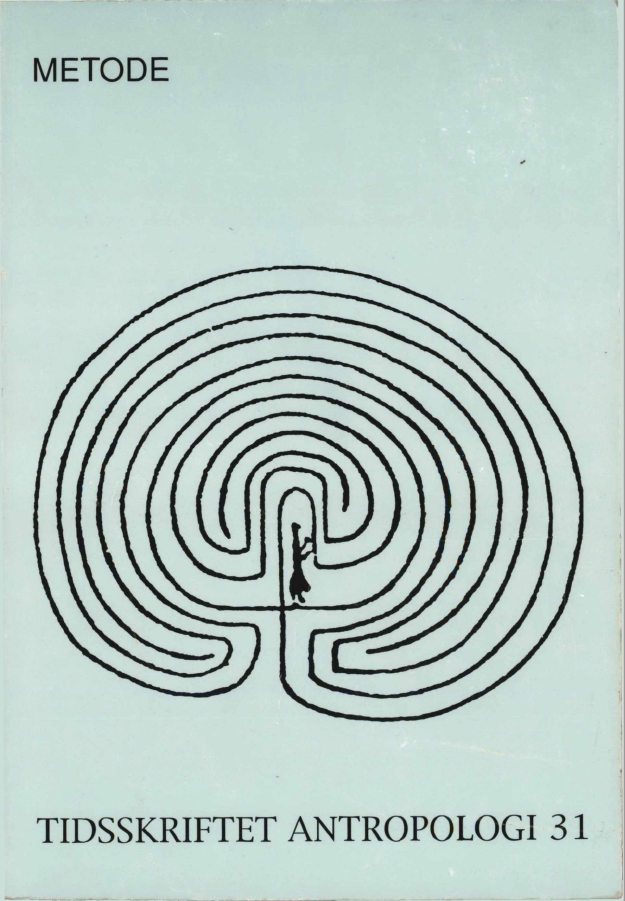KVALITATIV METODE I PRAKSIS
DOI:
https://doi.org/10.7146/ta.v0i31.115462Resumé
Kajsa Ekholm Friedman: Qualitative
Method in Practice
Social anthropologists doing fieldwork must
realize that no transformation of „us“ into
„hem" is possible. Instead they must rely on
communication across cultural horders. By
carefully going through informants narratives
and statements during interviews. Kajsa
Ekholm Friedman illustrates how such dialogues
can take place. Her first example is
from fieldwork in Congo. It shows how the
encounter with a different tradition of sensemaking
leads to a situation where no sense
can be made at all. Ekholm Friedman then
goes on to describe how the fieldworker gradually
builds up new understandings. The
second example contains some intriguing
episodes from fieldwork in Hawaii where
Ekholm Friedman explores the Hawaiian
practice of adoption, hanai. Here, it is the
emphasis on sameness rather than difference
between the fieldworker and the informant
which is the primary method that leads to
understanding. However, in the final part of
the Hawaiian interviews we leam how the
focus on sameness must never exclude the
sensitivity for difference, nor the awareness
of dominant actors and their hegemonic
interpretations.
Downloads
Publiceret
Citation/Eksport
Nummer
Sektion
Licens
Ophavsretten til artiklerne i Tidsskriftet Antropologi tilfalder forfatteren.
Artikler publiceret i Tidsskriftet Antropologi må citeres, downloades og videresendes for ikke-kommerciel brug, under forudsætning af normal akademisk reference til forfatter(e) samt tidsskrift, årgang, nummer og sider. Artiklerne må kun genudgives med eksplicit tilladelse fra forfatter(e) og tidsskriftet.


